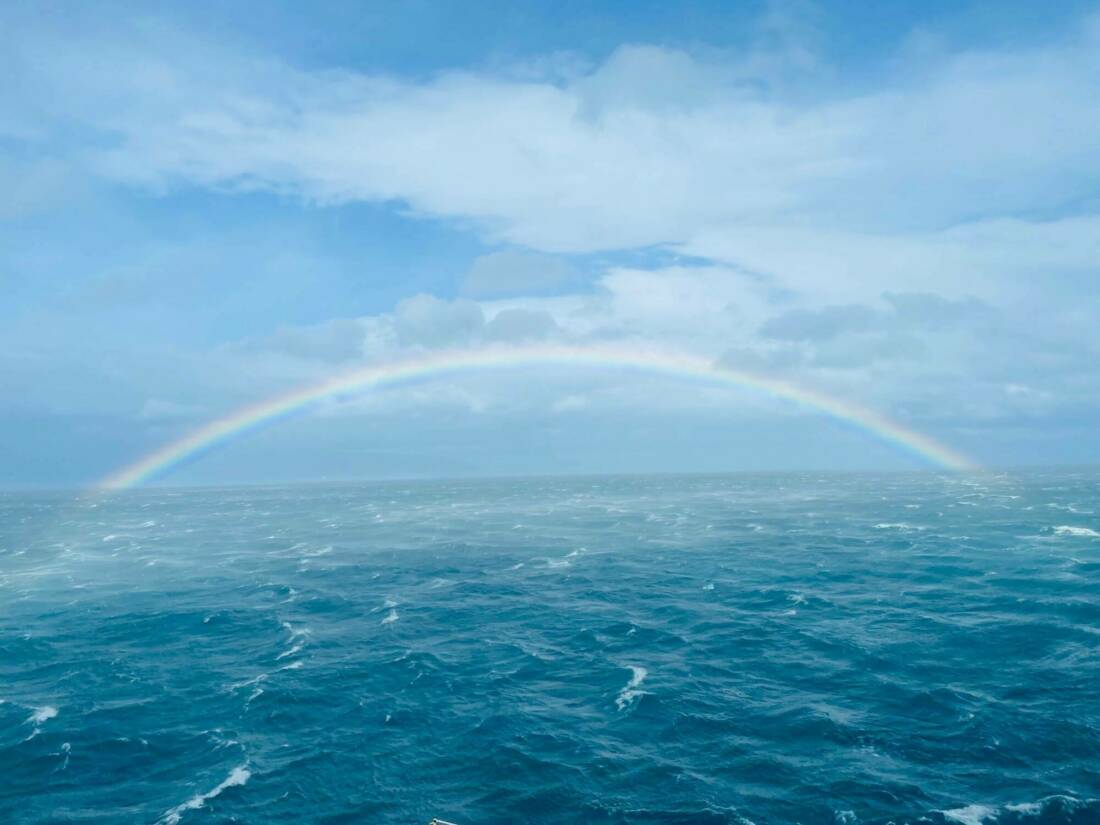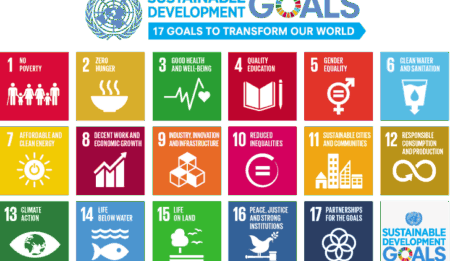Ocean literacy for all: a toolkit
The ocean is a source of food, energy, minerals, and increasingly of medications. It regulates the Earth’s climate and hosts the greatest diversity of life and ecosystems, and is a provider of economic, social and aesthetic services to humankind. Knowing and understanding the ocean’s influence on us, and our influence on the ocean is crucial to living and acting sustainably. This is the essence of ocean literacy.
The Toolbox
As a result of increasing ocean literacy, the international community gathered in New York in 2017 to discuss priority areas of action, set in motion joint activities, and develop partnerships to preserve the ocean.
A global partnership, led by the Intergovernmental Oceanographic Commission (IOC), was formed to raise awareness on the conservation, restoration and sustainable use of the ocean and its resources and to build a public knowledge base regarding the global ocean.
The IOC-UNESCO Ocean Literacy for All Toolkit is the result of this global partnership. It provides innovative tools, methods, and resources to understand the complex ocean processes and functions. It also highlights the most urgent ocean issues and presents the essential scientific principles and information needed to understand the cause-effect relationship between individual and collective behaviour and the impacts that threaten the ocean health.

The toolkit has been designed to inspire us to take greater personal responsibility for the ocean, as well as to enable us to act as citizens, working through partnerships and networks, sharing ideas and experiences and developing new approaches and initiatives in support of ocean literacy.
The ocean is the great unifier, and it is our shared responsibility to preserve it for the current and future generations.



